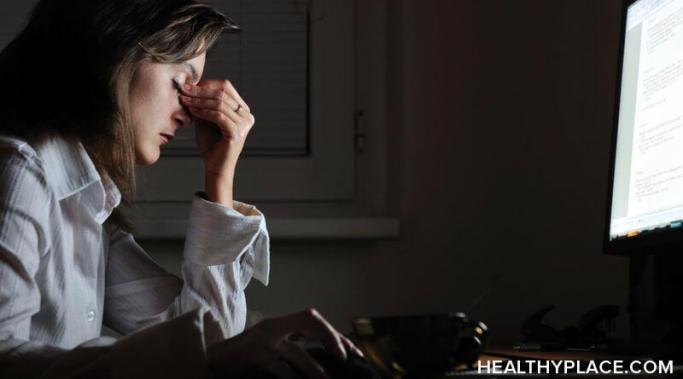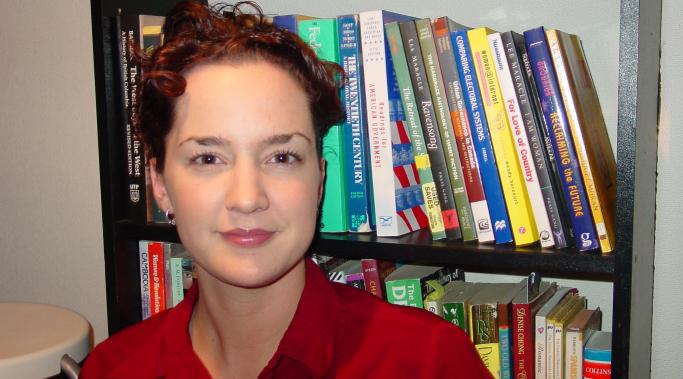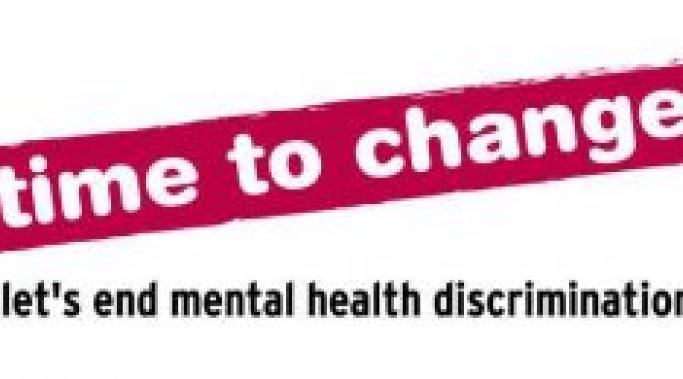In 2022, the potential for overstimulation is real, from phones to smartwatches and everything in between. Even now, as I type away on my laptop, I can't help but ponder the previous eight hours I spent staring at an almost identical screen. I'm not naive. I know that technology--and the no doubt plethora of benefits we reap from it--is an integral part of our daily lives. I'm no technology shunner; I'm simply a mental health enthusiast.
Stigma at Work
In today’s hustle culture, we pay less attention to work-life balance than perhaps we used to. Instead, we laud entrepreneurs that spend their waking moments putting effort into reaching success. We applaud those who have side gigs and celebrate the tenacity of those that go-go-go for their careers. In those situations, work tips the scales so that life is barely a blip on the radar, and in celebrating them, it suggests that’s what we should all strive for. If not, we’re not doing enough. Consequently, we ignore how tipping the scales of work-life balance leads to burnout and suggest that the state of our mental health doesn’t matter.
Many workplaces say their employees' mental wellbeing matters, but not all workplaces are built the same. Some promote mental wellness but don't deliver, whereas others do. With starting a new job, I feel for the first time like I'm someplace where my workplace actually cares about mental wellness.
Recent events in tennis have highlighted mental health stigma in sports and mental health struggles in sports in general. I'll be honest; I don't follow sports—neither the actual games/matches/events nor the athletes—but the controversy with tennis player Naomi Osaka bowing out of the French Open due to backlash over her mental health self-care decision caught my attention.
Working with social anxiety isn't a cure for social anxiety disorder, but working with the disorder has taught me a few things. Other people may look at social anxiety disorder and think that people just need to get over their irrational fears or worries and become productive members of society, especially when it comes to working. I was one of those people who wondered how I would ever be able to work considering the paralyzing anxiety I felt from having to deal with the public, using the phone, and other work-related things. I felt (and sometimes still do feel) the constant pressure of that stigma saying suck it up and go to work. So I did, and here's what I learned from working with social anxiety.
A post made by a woman named Madelyn Parker about the response from the Chief Executive Officer (CEO) of the company she works for after she said she was taking mental health sick days has gone viral. The compassion and understanding of web developing company CEO Ben Congleton toward Parker taking time for her mental health has drawn a wealth of virtual applause and admiration. There are, however, naysayers taking issue with the post, and one response, in particular, I’ve seen is riddled with stigma around taking mental health sick days from work.
Politics and the impact of mental illness stigma is a topic that has intrigued me for a number of years, and the discussion of politicians experiencing mental illness stigma raises a number of important points and questions. There are many politicians who certainly do have a mental illness, but you will never know about it, especially if it is a highly stigmatized mental illness such as schizophrenia. It is unfortunate that several stigmatized individuals in our society assert that because you have a mental illness, you cannot, and should not, rightfully be a person who can be trusted to represent the interests of society on the political stage.
There is a certain underlying stigma in society that is strong, impactful, and often devastating for many people who live with a mental illness in the workplace. Not only are particular professions extra stigmatizing for the person involved, but there is this false idea lingering out there that the person employed is somehow unworthy, their skills are questionable, and they are often pushed out of their position.
If someone at a job interview explains a two year gap in their resume by mentioning chemotherapy, they will likely be heralded as a survivor and their chances at the job typically would not be affected. But if the same person, with the exact same qualifications and manner of interacting explains a gap and mentions a psychiatric hospitalization, things may be a little different.
Have you ever made up a white lie or two to cover up a gaping hole in your resume where a psychiatric hospitalization was considered to be your primary employment?
Have you ever told acquaintances that your fascination with mental health was born due to ‘some close personal friends and family members who have struggled?’
Have you ever lied about having a mental illness?
I have.









